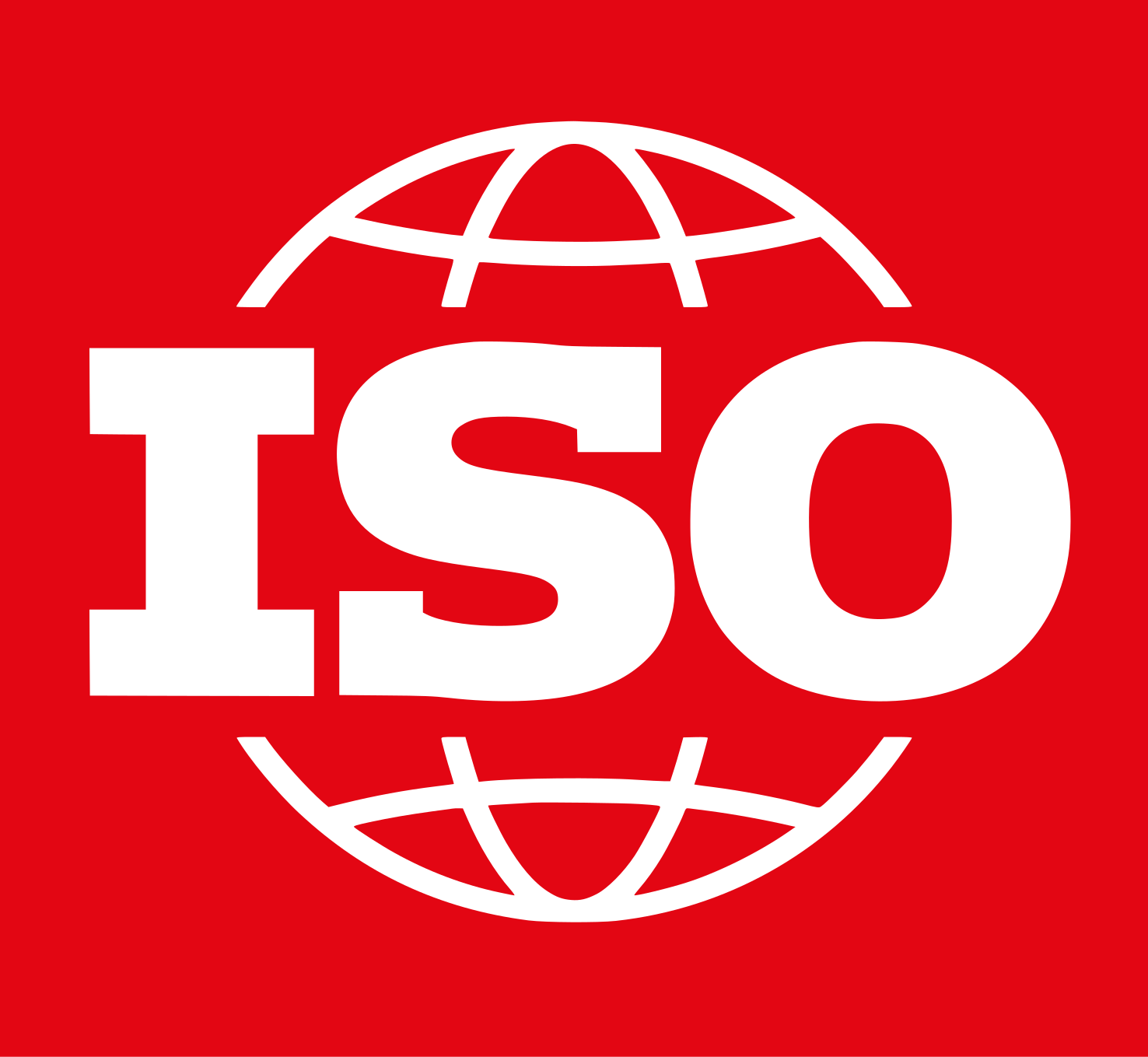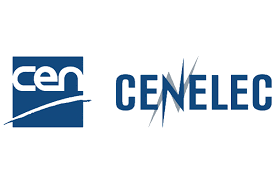- Standardizing NFTs for Sustainable Asset Management
Blockchain and Distributed Ledger Technologies
This standard actively enhances SME inclusion and access to innovation. By creating standardised, easy-to-adopt models for NFT-based asset tracking and DPP compliance, I help lower barriers for SMEs to engage in the green and digital transition. These tools enable them to demonstrate environmental accountability, meet regulatory requirements, and participate in new markets with confidence.
One major societal impact is the promotion of climate-conscious digital infrastructure. Through my alignment with the EU Green Deal, ISO 14097, and CIRPASS2, I have advanced tokenisation models that enable lifecycle tracking, ESG reporting, and carbon footprint disclosures, empowering organisations and communities to make data-driven, sustainable choices.
Second, the integration of semantic interoperability and decentralised identity contributes to human-centred, rights-respecting digital governance. It allows individuals and communities to verify data, control asset provenance, and participate in decentralised systems with greater security and agency.
Finally, through my role in INATBA and ISO, I have championed cross-sector collaboration on social impact tokenisation, bridging technology with policy to ensure that standards reflect public interest and global equity. These efforts strengthen citizen trust, digital sovereignty, and the ethical deployment of blockchain infrastructure at scale.
Value of Research
My fellowship focuses on standardizing Non-Fungible Tokens (NFTs) for sustainable asset management, addressing gaps in digital asset representation, regulatory clarity, and ESG alignment. It supports innovation, transparency, and interoperability in tokenized real-world assets (RWAs), in line with EU priorities.
Current NFT-based RWA systems lack harmonised frameworks, causing fragmentation in asset tracking, legal recognition, and compliance. This hinders adoption across supply chains, carbon markets, and IP management. My project proposes a cross-industry standard to ensure interoperability, regulatory alignment, and lifecycle transparency.
In this sense, the there are two major priorities for this action, including:
Standardized Multi-Asset Tokenization that enables NFT-based tracking of physical, environmental, and intangible assets. It also enhances lifecycle transparency, supports the circular economy, and ensures blockchain interoperability.
Digital Product Passport (DPP) to align NFTs with DPP for end-to-end traceability, compliance, and ESG reporting.This strengthens supply chain transparency and EU circular economy goals.
The key Challenges related to my activity are:
Regulatory Uncertainty: Lack of clear NFT standards impedes legal and policy alignment. This initiative ensures conformity with EU law and ISO.
Adoption Barriers: Fragmented governance limits integration. Standardisation enhances technical and regulatory trust.
Sustainability Concerns: Energy-intensive DLTs are problematic. This activity promotes efficient models aligned with the Green Deal.
Consequently, this project positions Europe as a leader in NFT standardisation, fostering secure, compliant, and sustainable digital ecosystems.

Title & Organisation Name: COO, Kron World S.L.
Country: United Kingdom


